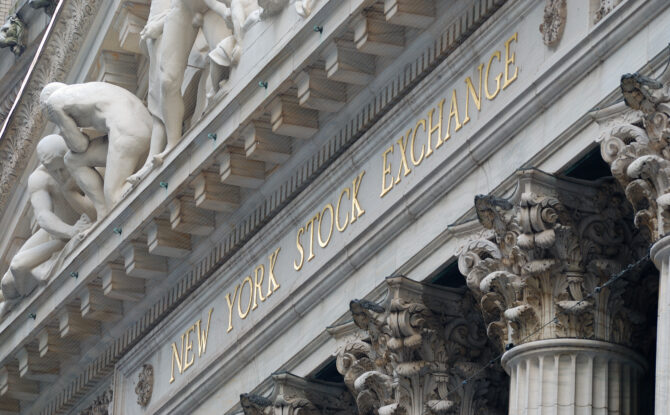
Investments: Know Thyself
Excerpt Adapted From: The Financial Shepherd-
Why Dollars + Change = Sense by Glen Wright and Sy Pugh
For starters, let’s embrace the basic idea that the key to successful investing is to buy low and sell high. It sounds easy enough, but often our emotions and sometimes a lack of information keep us from achieving our goals. One of the first things to understand about investing is that you don’t officially lose until you sell. If you buy a stock at $5 per share and it drops to $3, then you haven’t lost yet because you’re still in the game and there is a possibility that the price will go back up. However, if you sell, then your money is now out of the game and if it’s in your savings account, you don’t have the chance to make back your losses. It is important to know this from the beginning to help understand your risk level – that is how much loss you can tolerate with impacting your standard of living.
When you decide to start investing, another guiding factor to keep in mind is ‘know thyself’ because investing is a very personal process. Rarely do I find that two people think the exact same way about investing. In addition, how you feel today doesn’t mean that you will feel the same tomorrow. As we grow older we tend to take fewer risks because our financial independence day is coming sooner than later. Also, things happen in our lives that change our thoughts and priorities and behaviors.
I remember in the late 1990s I had several new clients who said they were aggressive investors because they saw the stock market producing huge rates of return. Then after the technology bubble burst in 2000 and after the September 11th terrorist attacks when the markets fell, they had a change of heart and said they couldn’t stand those types of losses. I witnessed many of them sell off and get out of the market, and they ended up losing most—if not all—of the previously earned profits.
Working with clients, I have found that in general, not only do we sell wrong, we also buy wrong. I’ve discovered that people (without real information) normally want to buy when the news is good. People tend to get excited when they hear everyone saying that a certain company has done well in the past and that it is poised to continue rapid growth. Of course, everyone wants to jump on board because it feels good. Well, by the time the news gets to you, you’re typically buying too late, and it’s just a matter of time before it starts to slow down or dip. The key to successful investing is to buy on discount, before the news is so great. That is what the pros do, and by the time everyone else is hearing about the next big opportunity, they are out and on to the next big opportunity.
There are more than 8,700 publicly traded companies in the United States alone, so that means there are plentiful opportunities for investing all the time. The most profitable strategy is to buy a good company or fund that is positioned to go up, although it’s down at the time. For example, when the banks hit hard times in the recession of 2008, nearly all the bank stocks dropped dramatically, although some of the stocks hit hard were still good stocks. They just paid the price of being hit hard because of the Lehman Brothers, Bear Stearns, Citibank’s, etc… This was actually an excellent time to buy some of the smaller, stronger banks that were down only because the banking sector as a whole was down. I remember buying Fifth Third bank stock in February 2009 at $1.10 per share and selling it six months later for more than $8 per share. Granted, this does not happen everyday, but where there is crisis there is opportunity. Therefore the best time to buy is when everyone is nervous. I am not saying that you should buy just because a stock is low, because it may be a poorly run company, but if it is a good company, that is the time to snatch it up. Do your research, put your emotions aside, buy low and sell high.
It is hard for me to understand why Americans find the concept of buying low (without fanfare and excitement) so difficult. Truth be told, we practically break our necks to save a dollar or get a discount on every other type of purchase. Think about it: we clip coupons, drive an extra mile to save a penny on gas, wake up at 4:30 in the morning the day after Thanksgiving just to get the best sale. So why would we pay full retail price for stocks (buying when the news is good) and sell wholesale (selling when the news is bad)? The main culprit is emotion. When it comes to money—and parting ways with it—emotions cause us to make some really poor, illogical decisions. That’s why it is good to have someone on your board of directors who you can trust not to be as emotionally tied to your money as you are.



